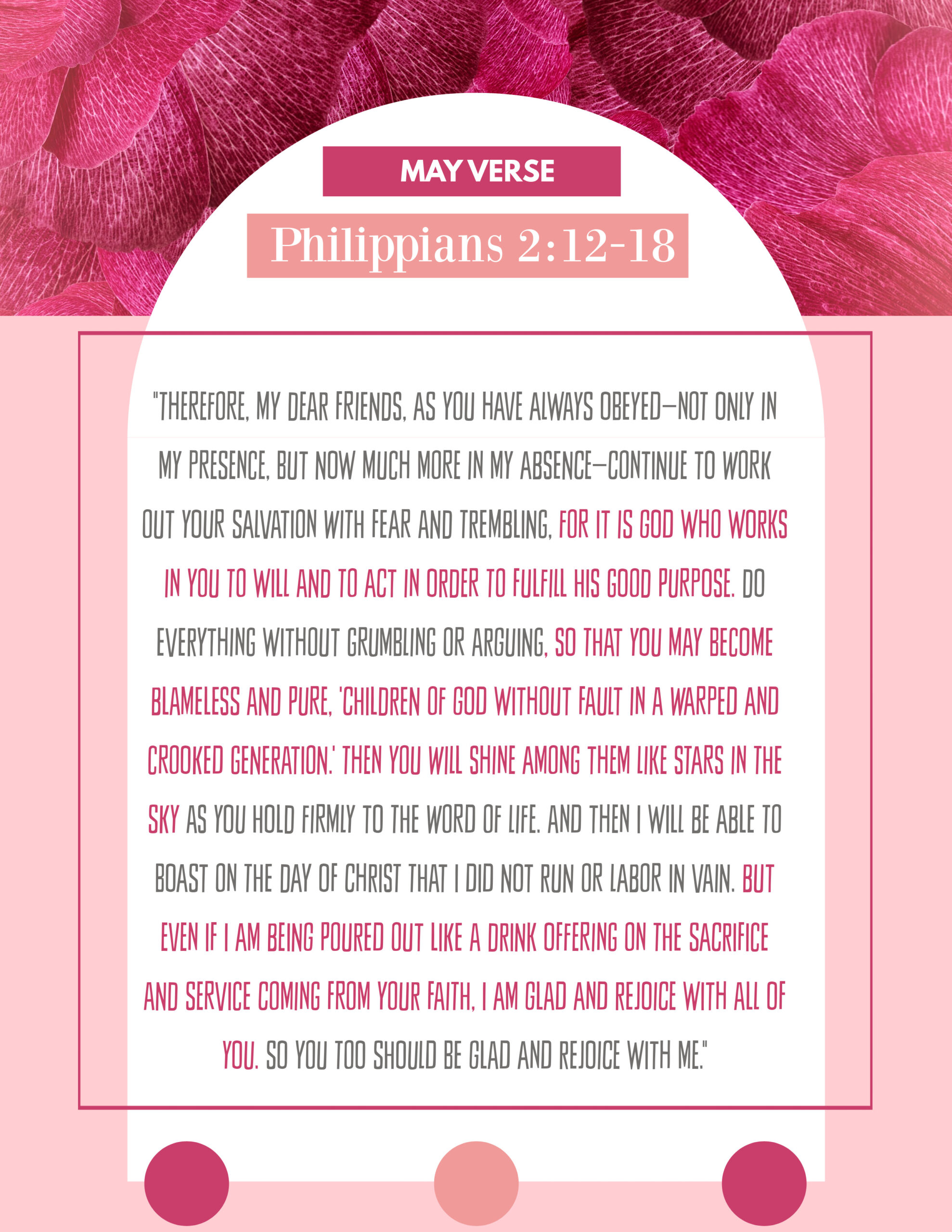“Have you ever pondered the incredible delight of a negative freedom—not a license to do something, but a freedom from something?” This is a question Dennis Kinlaw poses at the start of one of his daily devotions (from the devotional I’m working through this year).
Kinlaw goes on: “Do you know what a joy it is to realize there are some things you do not have to do? Perhaps the most thrilling of those neglected freedoms is that of not having to have one’s own way. There is no greater slavery than that which insists you must have your own way—or try very hard to get your own way—in every situation. Nothing in the world destroys human relationships more quickly and more completely than this bondage to one’s own wishes.”

In my own (admittedly limited) experience, there are few life circumstances that illuminate the joys of “not having one’s own way” more than that of parenthood. My pre-kid life brought all sorts of freedoms: freedom to sleep in on the weekends; freedom to decide on a restaurant without taking kid’s menus and play-spaces into consideration; freedom to choose my own music in the car—freedom to do the things I wanted to do, when and how I wanted to do them (within reason).
Life with three littles under my care has put firm boundaries on how I spend my time, the types of activities I prioritize, my work and volunteer opportunities, the contents of our fridge. . . the list goes on and on. These days, I am much less likely to have things my own way. Not coincidentally, I am also immeasurably happier and more fulfilled. The correlation is undeniable: as I’ve learned to set aside my own preferences for the sake of my children, my joy has increased. Freedom from my own selfishness has made me more free to love and serve my family.
It isn’t just parents who understand the liberation that comes through learning to set aside our personal desires: anyone who has sacrificed time or money or ego for the sake of another understands the buoyancy of a life no longer encumbered by the toxic chains of selfishness.
I spent March and April memorizing the first eleven verses of Philippians 2, in which Paul exhorts his readers to follow Christ’s example of looking beyond oneself to the interests of others. That theme continues in the next few verses: Paul encourages his audience to continue in their service to the Lord—joyfully, not begrudgingly! Through their selflessness, they will be made blameless and pure, set apart from the self-aggrandizing culture. Paul describes a life poured out in sacrifice to others as a life of JOY and PURPOSE. Obedience to the Lord and His calling was not a burden weighing them down, but a life raft elevating them to the existence their souls truly desired.

Our church just wrapped up a sermon series about getting out of our comfort zones. In the series, our teaching pastors emphasized the truth that the life we’ve always wanted almost always exists outside of our personal comfort zones. Like a marathoner finishing the race by pushing through his pain, this comfort-zone-evacuation may look like the lonely introvert finding community through agreeing to teach a Bible study, or the lifelong addict experiencing relief in the rooms of a 12-step program, or a musician who overcomes his insecurities to lead a congregation in worship. Our comfort bubbles of selfish desire buffer us from the hard things, but they deny us access to all the best things. Paul knew this, and when we remove the blinders of our fleshly desires, we know it too.
A daily existence unencumbered by selfishness may not look like society’s image of success. Fidelity to God’s calling of selflessness does not come with money or power or fame. God does not deal in the world’s currency. His riches are infinite, not ephemeral; immeasurable, not limited; unimaginable, not prosaic. Our labor for Him is not in vain, because our service to the Lord forges the path to joy, fulfillment, Heavenly honor, and eternity with our Savior. We are freed from the need to have our own way, and freed to follow God’s ways that are always better.